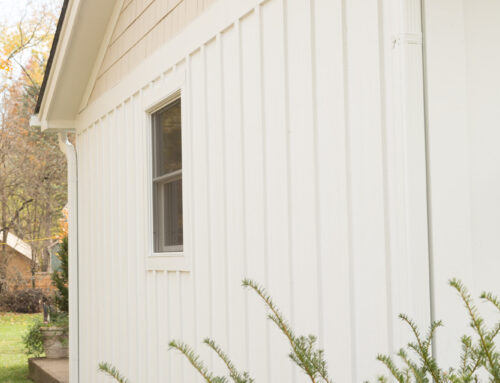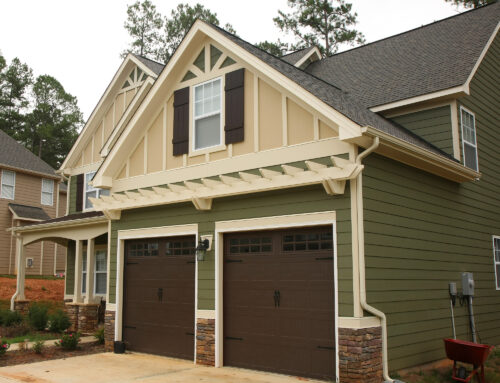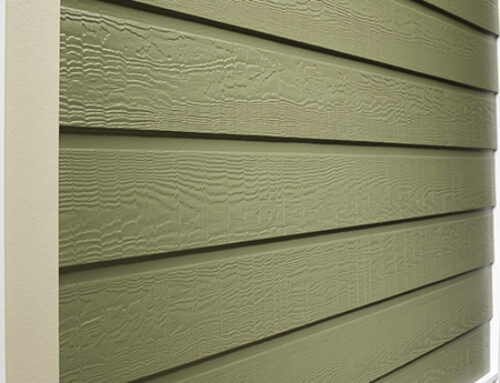It is sometimes difficult to know when to replace siding. When it is time for your siding to be replaced, you may start to notice that it is becoming dingy or deteriorated. It could be possible that it just needs a good cleaning, but if not, you may want to consider replacing your siding. The average lifespan of siding varies according to which style you chose, and how well you took care of it. Here are some signs to look for to help you know if your siding should be replaced:
- Vinyl siding could be cracked, chipped, faded, melted, warped
- Wood siding could be rotted, warped, discolored, bubbled
- Aluminum could be dented, warped
If you realize that your siding does, in fact, need to be replaced, there are a few things to consider before making your decision. There are many benefits to deciding to replace siding. Some of the biggest benefits are that the new siding will better protect your home from the elements, as well as improve the appearance of it. In addition, it will improve the insulation of your exterior walls, which can help reduce energy bills. Finally, it will increase the value of your home exponentially when you replace the siding, especially if you replace your siding with fiber cement board siding.
Of course, all of this could be pointless if you do not replace siding properly. It is important to make sure that siding is property installed. Not only will this make a difference in how well the siding looks when complete, but it can also make a difference in how much protection it offers your home. Improper installation of siding can lead to problems when severe weather hits. You should always hire professionals to replace siding whenever possible, because they will help you decide which siding is best for your home, and they will know how to install it properly and nicely, so you and your home get the all the great benefits of new siding.
To learn more about signs of siding failure, visit http://www.sidingprosofidaho.com/when-to-replace-siding/.









